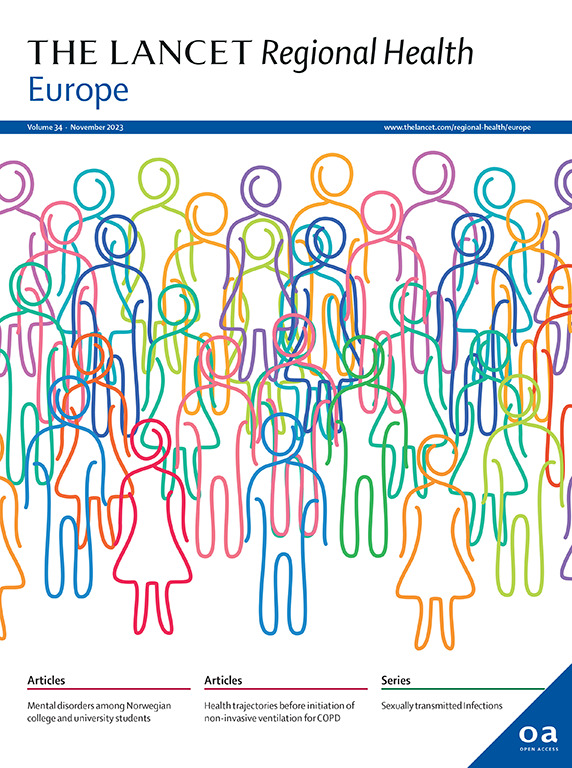The COVID-19 Pandemic and the Private Health Sector: Profiting without Socially Contributing
Elias Kondilis and Alexis Benos
IJSDHHS; Volume 53, Issue 4 First published online September 8, 2023
https://doi.org/10.1177/27551938231201070
Abstract
The COVID-19 pandemic necessitated the mobilization of all available health care resources, including private, for-profit ones. The aim of this multiple methods study (combination of document and secondary data analysis) was to assess government regulations facilitating the private health sector's participation in the COVID-19 response in Greece. During the pandemic, the government made three successive increases in private providers’ reimbursement fees, provided additional financial incentives to private providers, and allocated €280 million of emergency funding for the private sector's involvement in the national COVID-19 response. In response, private hospitals made available on average 2.2% of their total bed capacity per epidemic wave for the treatment of COVID-19 patients and 1.7% of their total bed capacity for the treatment of non-COVID-19 patients transferred from National Health System (NHS) hospitals. In 2020 the five largest health care corporate groups maintained their revenues, while in 2021 they increased them by 18.7%—a striking comparison with the 9% recession experienced by the Greek economy in 2020 and its 8.4% recovery in 2021. In a time of an acute public health crisis, private health care providers responded to society's pressing health care needs by insulating their facilities from COVID-19 patients and NHS patient transfers, minimizing their social contribution and safeguarding their revenues and profits.




